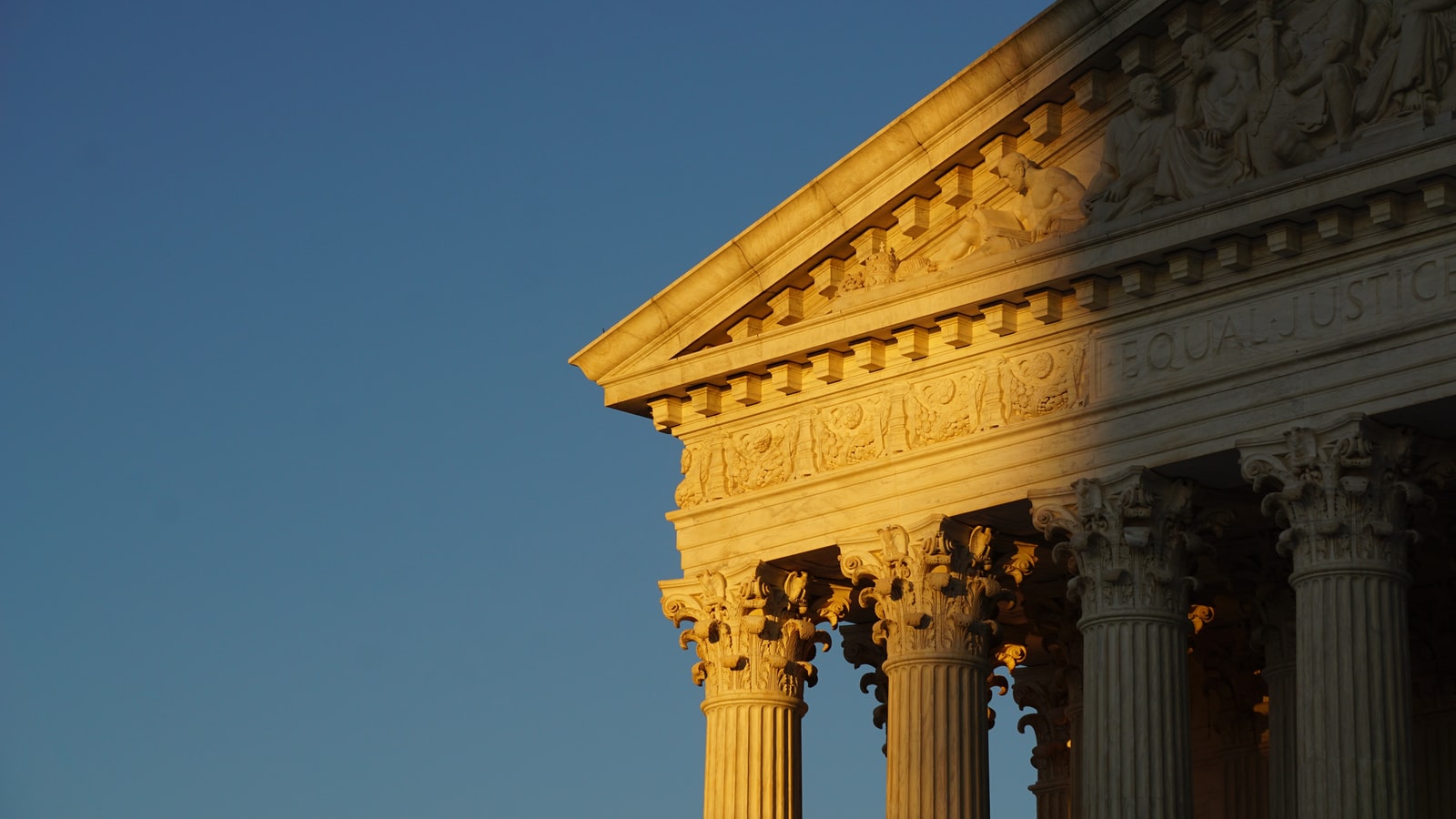On March 4th, the Supreme Court of the United States issues its decision regarding Donald J. Trump, Petitioner v. Norma Anderson, et al. The question was whether a state has the authority to remove the name of a presidential candidate form its primary ballot under provisions of the U.S. Constitution, Section 3 of the Fourteenth Amendment.
The Colorado Supreme Court had previously ruled that the state could remove former president Donald Trump’s name from the ballot.
The second paragraph of the decision, containing only two sentences, succinctly clarifies the ruling of the Court: “Because the Constitution makes Congress, rather than the States, responsible for enforcing Section 3 against federal officeholders and candidates, we reverse.”
The decision of the Court was unanimous, something that rarely happens with the present Court, although four justices, including Barrett, wrote separate concurring opinions that the Court had exceeded its remit by “…creat[ing] a special rule for the insurrection disability in Section 3” and “By resolving … other questions, the majority attempts to insulate all alleged insurrectionists from future challenges to their holding federal office.”
In fact, the body of the decision states: “We granted former President Trump’s petition for certiorari, which raised a single question.” [emphasis added]. Because of this apparent overreaching, four justices saw fit to write additional commentary.
Interestingly, in the body of the decision the Court admonished the Colorado Supreme Court when it stated: “That [the cited case of City of Rome v. Unites States. 446 U. S. 156, 179(1980)] provides a secure and sufficient basis to resolve this case. To allow Colorado to take a presidential candidate off the ballot under Section 3 would imperil the Framers’ vision of “a Federal Government directly responsible to the people.” U.S. Term Limits, 514 U.S., AT 821. The Court [Colorado Supreme Court] should have started and ended its opinion with this conclusion.”
The interesting thing here is that the majority of the U.S. Supreme Court is admonishing the Colorado Supreme Court for not doing something that it has just immediately also not done, i.e., begin and end its decision on a single issue.
Perhaps no single paragraph in the minority commentary provides more clarity of the Court’s actions.
“The Court today needed to resolve only a single question, whether an individual State may keep a Presidential candidate found to have engaged insurrection off its ballot. The majority resolves much more than the case before us. Although federal enforcement of Section 3 is in no way at issue, the majority announces novel rules for how that enforcement must operate. It reaches out to decide Section 3 questions not before us, and to foreclose future efforts to disqualify a Presidential candidate under that provision. In a sensitive case crying out for judicial restraint, it abandons that course.” [emphasis added].
One is left wondering why all those who constantly call out for judicial restraint and decry “activist” judges are so silent now.



